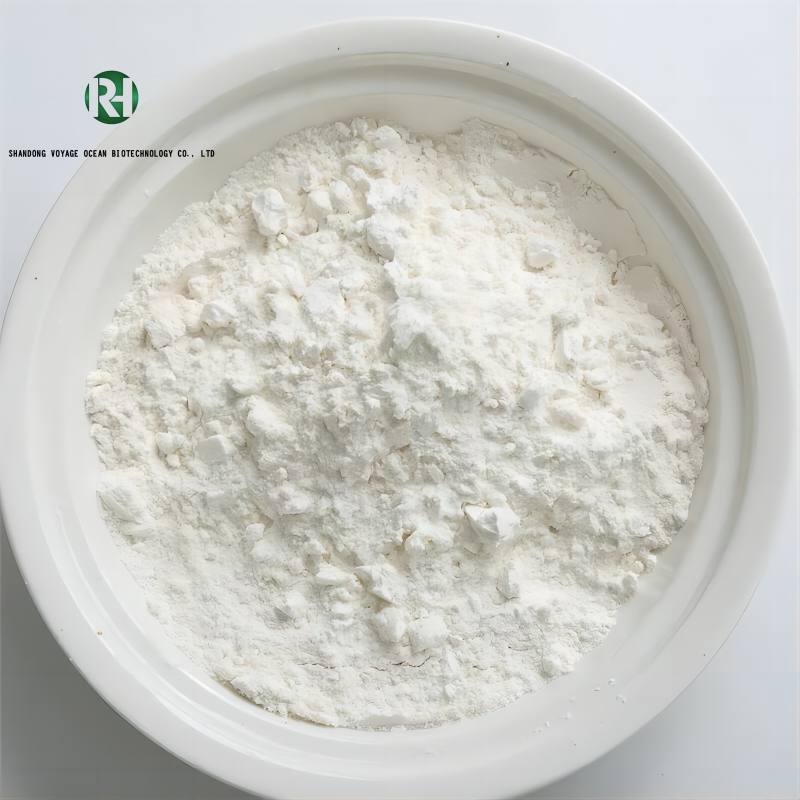Science sub-journal! Research reveals signaling pathways that control the growth and spread of cancer!
-
Last Update: 2020-07-19
-
Source: Internet
-
Author: User
Search more information of high quality chemicals, good prices and reliable suppliers, visit
www.echemi.com
, June 28, 2020 /PRNewswire/bio-valley-
-based study led by Queen Mary University of London has revealed new insights into molecular pathways that control the growth and spread of cancer cellsThese findings highlight new ways of participating in these critical cancer progression processes and may be the target of treatmentcomplex communication networks
the study, published in Science Signaling, aims to shed light on how a protein called MET drives cancerStudies have shown that defective or mutant MET is associated with the growth and spread of cancer cells of various types of cancer;MET belongs to a group of proteins called receptor tyrosine kinase (RTKs), which are key regulatory proteins involved in controlling the various signaling pathways of normal cellular processesAbnormal changes in RTKs are associated with the development and progression of a variety of cancers, making them a popular target for cancer treatmentPhoto Source: Queen Mary University of London
The team, led by researchers from BCI and led by Dr Stephanie Kermorgant, Dr Alexia Hervieu and Dr Paul Clarke of the Institute of Cancer Research in London, looked at cells and preclinical models of MET mutationsThey found that the protein activated two different pathways to drive cancer cell growth and migration by interacting with other key molecules that help MET achieve these functionsone molecule identified as a key player in these MET drives is Rac1It is widely believed that Rac1 is involved in the migration of cancer cells; however, the team found that Rac1 also played a key role in driving cancer cell growth by interacting with another protein called mTORThis interaction occurs within the cell (in a structure called an inclusion) and then two molecules are transferred to the cell boundary -- an unusual location for mTORIn a separate pathway, MET also communicates with another molecule, PI3K, to drive cell migration"
Understanding how MET controls cancer cell behavior is a key step in improving treatment," said Dr Hervieu, who completed her Ph.D., under the guidance of Dr Kemorgant, and is now a postdoctoral fellow at the Institute of Cancer (ICR) The unexpected discovery of Rac1's role in this context expands our understanding of how MET de-controls cells and opens up new opportunities for cancer research "
overcome resistance
cancer cell migration is key to metastasis -- cancer cells spread from one part of the body to another Metastatic disease is the leading cause of cancer death; Understanding the processes that lead to transfer and finding ways to prevent it are critical to developing more effective cancer treatments Picture Source: Science Signaling drugs targeting MET are being clinical trials; however, patients often develop resistance to these drugs because cancer can activate MET-driven pathways in other ways The insights gained from this study may pave the way for the development of new treatment options; Interestingly, drugs that inhibit both mTOR and PI3K have recently been developed "We are very excited about this finding, which suggests that MET, a major cancer target, may be used in combination with the two other major targets (PI3K and mTOR) drugs that are common lying together," said Dr Kermorgant This may be clinical trials in the near future "
this study improves the current understanding of how MET controls the signaling pathways for cancer growth and spread, and identifies key factors involved in these processes Combined treatment sourcing these molecules may provide more effective treatment outcomes for cancer patients (BioValleyBioon.com) reference: Unravelling the thei circuit that controls s cancer growth and a PI3K- and GTPase-independent Rac1-mTOR mediated mechanism-rhyen-cell-cell-cell-no-but-
, Science Signaling, 23 Jun 2020: Vol 13, Issue 637, eaba8627, DOI: 10.1126/scisignal.aba8627 .
This article is an English version of an article which is originally in the Chinese language on echemi.com and is provided for information purposes only.
This website makes no representation or warranty of any kind, either expressed or implied, as to the accuracy, completeness ownership or reliability of
the article or any translations thereof. If you have any concerns or complaints relating to the article, please send an email, providing a detailed
description of the concern or complaint, to
service@echemi.com. A staff member will contact you within 5 working days. Once verified, infringing content
will be removed immediately.







